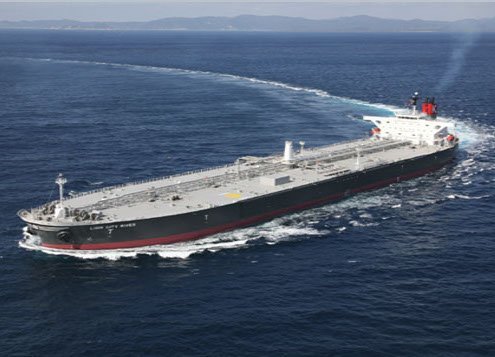Crude tanker rates predicted to consolidate as US softens Iranian sanctions

Crude tanker rates are predicted to consolidate by brokers Simpson Spence Young (SSY) on the back of the surprise decision by the US to show some leniency in its recently imposed sanctions on Iran.
Just as US economic sanctions on Iran were coming into effect on November 5, the US government announced it was granting oil purchasing waivers to eight countries. This decision meant that China, India, South Korea, Japan, Taiwan, Turkey, Italy and Greece, who together account for around 75% of Iran’s oil exports, could continue to buy Iranian oil, albeit at reduced levels, for the next 180 days – until May 4, 2019.
“Prior to this announcement, the anticipated sanctions had resulted in crude tanker rates catapulting to multi-year highs by early November,” said Rupert Lawson, head of tankers at SSY.
Writing in its Monthly Shipping Review, SSY stated: “The urgency to source replacement crudes was one of the key factors driving the rally in crude tanker rates in October and November. As well as increasing their intake of MEG crudes, refiners also raised their liftings of Atlantic Basin crudes, such as Russian Urals from the Baltic and Black Seas, the North Sea, West Africa, US and Brazil, which were popular alternatives to Iranian oil. Furthermore, China’s pull for these crudes intensified amidst a near-halt in its buying of US crudes. The acceleration in Atlantic oil loadings to Asia boosted tonne mile demand for crude tankers and stretched fleet utilisation, as the longer voyages kept vessels from repopulating the position lists as swiftly as before.”
While the US did not announce limits for the eight countries, these surprise exemptions are likely to consolidate crude tanker rates in the near term. This is due to the decrease in reliance on Atlantic Basin crudes, as some refiners are expected to exercise a portion of their allowance to buy Iranian oil in the near-term, a slowdown in the pace of Iranian oil tankers being removed from the spot trading fleet, while OPEC/non-OPEC producers are contemplating renewed crude output cuts amid concerns that there will now be an oversupply of oil.
